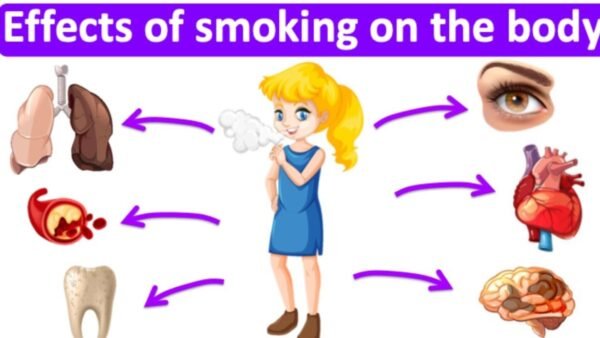
Smoking is a habit that many people pick up for various reasons, be it for stress relief, social influence, or simple curiosity. While it’s well-known that smoking affects physical health, it also has everyday consequences that can affect finances, relationships, and quality of life. On the bright side, quitting is entirely possible, and knowing what to expect during withdrawal can help make the process smoother.
Everyday Consequences of Smoking
1. Health Effects Over Time
Even occasional smoking can affect health. Over the long term, it increases the risk of conditions like high blood pressure, reduced lung function, and heart disease. The consequences of smoking extend beyond the smoker, as secondhand smoke harms those around them.
2. Cost Adds Up Quietly
Smoking regularly may not seem expensive daily, but over time, it can take a noticeable chunk out of your budget. Whether it’s a few packs a week or more, the cost adds up and could be used for travel, hobbies, or savings.
3. Subtle Social Impacts
As smoking becomes less common, many public places are now smoke-free, creating a healthier environment for everyone. This means smokers often have to find separate areas to smoke, which can interrupt social activities. For instance, at a dinner or outdoor event, smokers might step away from the group to have a cigarette, sometimes missing important moments or feeling left out.
4. Effects on Daily Routines
Smoking often becomes tied to routines, like having a cigarette with coffee, during breaks, or while driving. These habits can feel comforting, but they can also limit flexibility. For example, long flights or smoke-free events might become more inconvenient.
5. Subtle Impact on Energy and Appearance
Some smokers notice lower stamina, more frequent coughing, or slower recovery from colds. Skin may also appear duller over time, and teeth can become stained. These effects are usually gradual, but many people notice a difference once they quit.
What to Expect During Withdrawal
Quitting smoking affects everyone differently. While some people find it easier to stop, others may face strong cravings and mood swings. There are different treatments available that can reduce smoking withdrawal effects and increase the chances of quitting successfully.
1. Cravings and Triggers
It’s normal to crave a cigarette, especially in situations where you’d usually smoke, like after meals or during stressful moments. These cravings usually only last a few minutes and become less frequent over time.
2. Mood and Focus
Some people feel more irritable, anxious, or restless in the first few days of quitting. Concentration might dip slightly, but this usually improves within a week or two as your body adjusts.
3. Sleep and Appetite Changes
You might notice changes in sleep patterns, either difficulty falling asleep or vivid dreams. Some people also feel hungrier than usual. This is a common response as the body adjusts to the absence of nicotine.
4. Short-Term Discomfort, Long-Term Gain
Some mild headaches, coughing, or fatigue may occur during the first week. But many people also report feeling more energetic, breathing more easily, and having better taste and smell within a few weeks of quitting.
Conclusion
Smoking affects your health and daily life in many ways. It might not feel urgent to quit right now, but most people who do notice they feel better physically, mentally, and even save money. Withdrawal can be uncomfortable, but it doesn’t last long. There are plenty of ways to get help, like nicotine replacements, apps, and counseling. Even thinking about quitting or cutting back is a step in the right direction.
